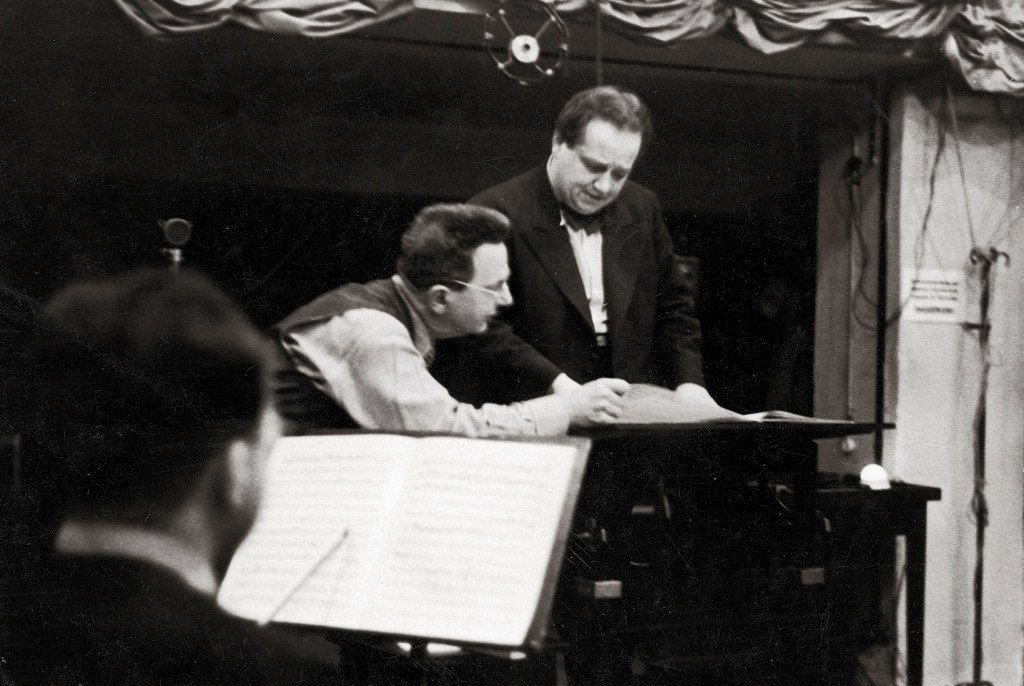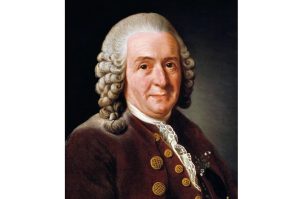The sounds that Franz Schmidt made while learning the trumpet were pretty much unbearable, or so the story goes. In order to practice he would leave his home in the Lower Austrian town of Perchtoldsdorf and walk up to the heath, a grassy hillside above the town. There, far from unappreciative neighbors, and looking down towards the spires of Vienna, a few miles north and east, he could crack notes to his heart’s content — in perfect isolation.
Some artists hand you their metaphors on a plate. Schmidt spent his career trying to escape the suburbs of central European music, dogged by private grief and professional frustration. ‘Someone with a name like Schmidt should never become an artist,’ declared his piano teacher. Later, he played the cello in the Vienna Opera under Gustav Mahler — who stood by while the orchestra’s leader bullied Schmidt into submission. Schmidt lost a wife to mental illness (the Nazis murdered her after his death) and a daughter to childbirth, and continued to write music through heart attacks and nervous breakdowns, even after doctors told him that the effort would kill him — which it did in 1939, 11 months after the Anschluss.
It might have been better for his legacy if he’d died a bit sooner. Schmidt was — that old get-out — not interested in politics, but in his dying months Austria’s new rulers commissioned him to write a propaganda cantata. He never completed it, instead devoting his failing energies to a piano quintet for an old friend, the Jewish pianist Paul Wittgenstein. But for some, it’s proof that Schmidt was an enthusiastic Nazi, and if you ignore the testimony of Schmidt’s admirers Hans Keller and Oskar Adler — who knew him, and insisted ‘with all the emphasis at my disposal’ that he was neither a Nazi nor an anti-Semite — it’s case closed. Schmidt was no Strauss, Stravinsky or Webern, to name just three 20th-century composers whose music is charismatic enough (or so it seems) to allow listeners and performers to gloss over some, well, let’s call them ‘problematic’ political choices.
Schmidt’s music has survived as a cult item, beloved of record collectors and champions of oddball symphonists. His fans make heroic claims: a musicologist friend assures me that Schmidt is ‘one of the greatest contrapuntists of all time’. Well, maybe: when I heard his Fourth Symphony at the Proms in 2018, my companion fell asleep. Whatever his finer qualities (and musicologists are rather like accountants: on paper, at least, they can make anything add up to a masterpiece) Schmidt has never really found his audience. If you don’t warm to his blend of surging romanticism and oddly detached mock-baroque rigor, no theoretical argument is going to persuade you.
But if you do, a new recording of his four symphonies from Frankfurt, conducted by Paavo Jarvi, is tantamount to mainstream endorsement. It’s on Deutsche Grammophon, complete with the yellow cartouche and moody conductor photo that still signifies prestige. The symphonies themselves are postcards from a collapsing culture. The First, premiered in Vienna in 1902, is all lush strings and leaping horns. ‘I sing as the bird sings,’ Schmidt wrote on the score: an ambitious 28-year-old asserting his place in what he confidently assumed was a living tradition. The Second was premiered in 1913, and like Elgar’s Second or Mahler’s Eighth, it’s one of those proud, glittering pre-1914 epics that seem to embody a civilization on the brink. Jarvi’s performance is resplendent, if not quite as convincing as Dmitri Mitropoulos’s sweeping (if scratchy) 1958 recording from Vienna.
I’ve never clicked with Schmidt’s Third (1928) — a lyrical symphony with a faintly unreal air, written in a shriveled post-imperial Austria to mark Schubert’s centenary. It feels as though it should be wearing a dirndl. But the beautiful, haunted Fourth (1933) is another matter, composed after the death of Schmidt’s daughter Emma and cast in a single huge span of music. If Strauss and Mahler were romanticism’s fabulous sunset, by Schmidt’s Fourth only the afterglow remains. Night is falling, and there’s a chill in the air. Schmidt’s classical logic becomes the natural language of a composer who felt more isolated than ever. The symphony’s intimate confessions and nightmarish collapses emerge gradually (and in Jarvi’s performance, inevitably) before unraveling into silence.
It ends, as it begins, with a lone trumpet floating a wavering, desolate melody towards a dark and uncertain horizon. Cold comfort, though Schmidt, alone on his hillside, at least lets us hear why it could be no other way. Again: it’s not for everyone. But if, after the past few months, you can still bring yourself to value art for the resonance of its solitude or the quality of its despair, Franz Schmidt might offer something in the way of consolation as the lights go out.
Franz Schmidt’s Complete Symphonies, recorded by the Frankfurt Radio Symphony conducted by Paavo Jarvi, is out now. This article was originally published in The Spectator’s February 2021 US edition.


















